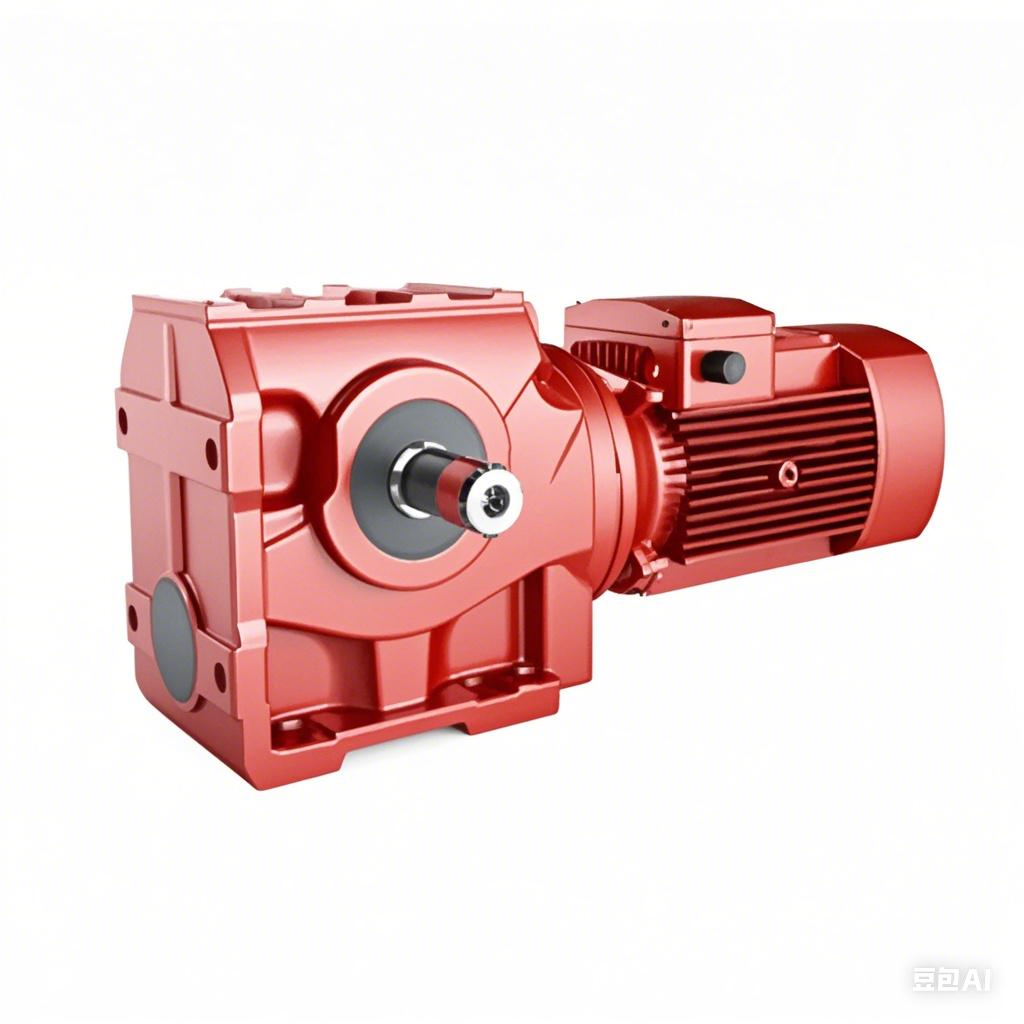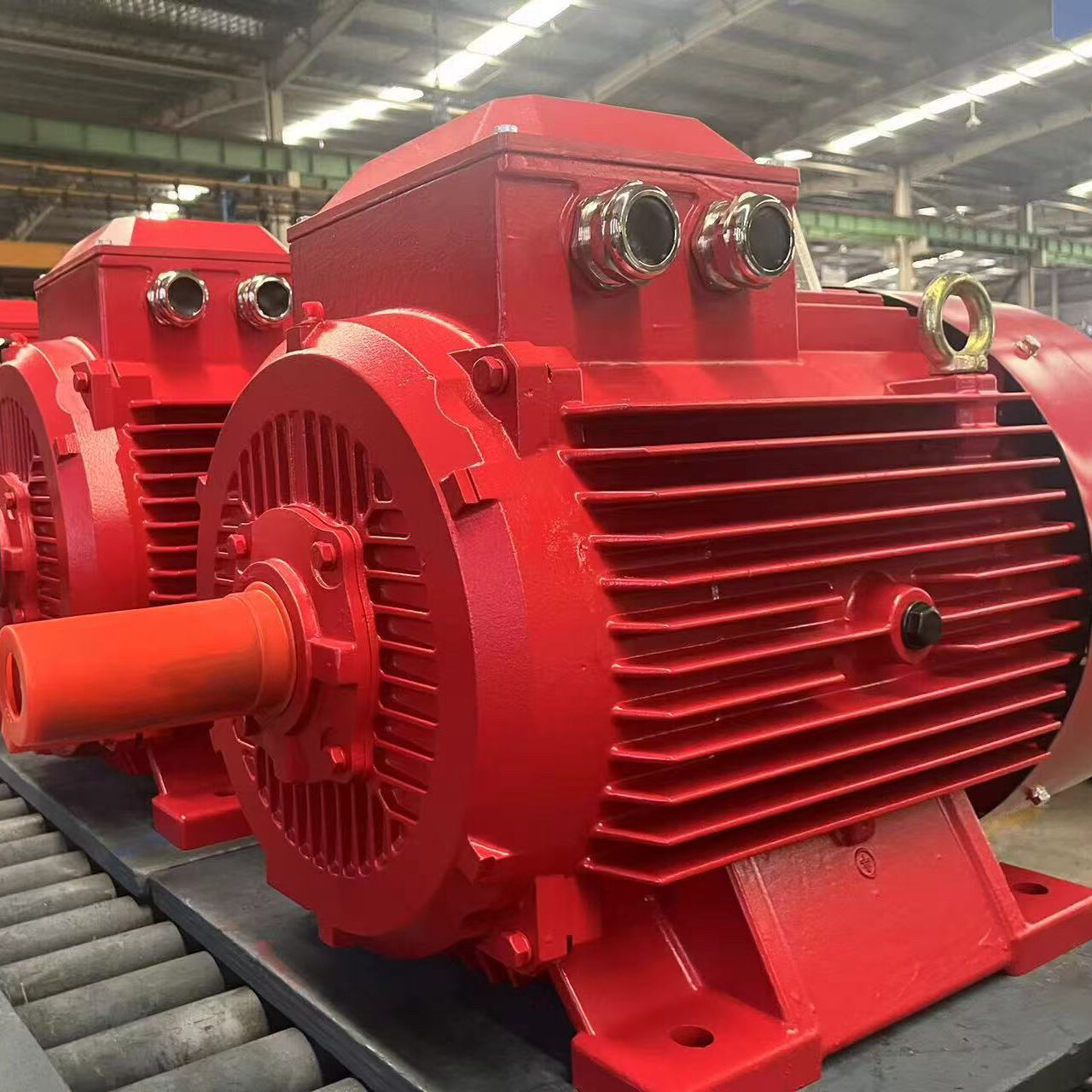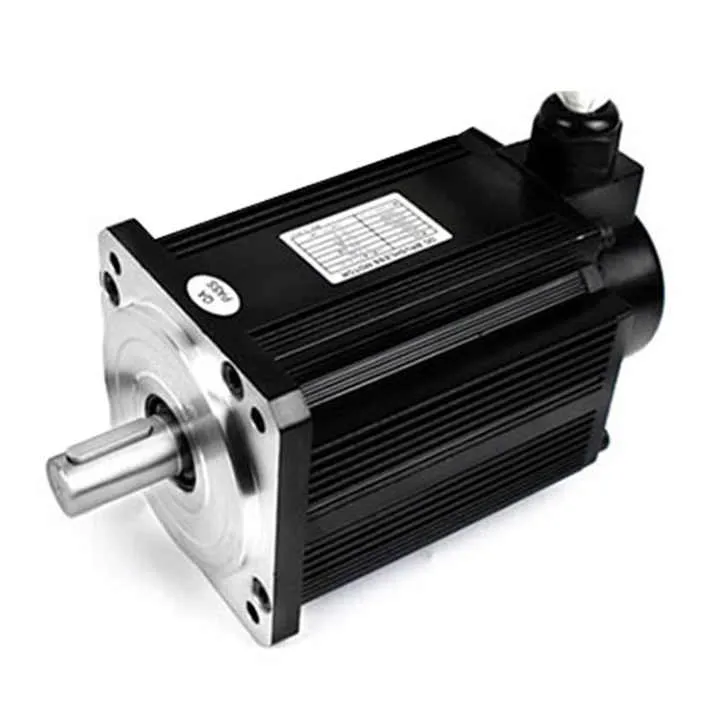vfd variable frequency
A Variable Frequency Drive (VFD) represents a sophisticated electronic control system designed to regulate the speed and torque of electric motors by adjusting the frequency and voltage of power supplied to the motor. This advanced technology enables precise control over motor operations, making it an essential component in modern industrial and commercial applications. VFDs function by converting fixed frequency AC power into variable frequency output, allowing for seamless speed control of electric motors. The system comprises three main components: a rectifier that converts AC to DC power, a DC bus that stabilizes the converted power, and an inverter that generates variable frequency AC output. This technology offers remarkable flexibility in motor control, enabling soft starts and stops, which significantly reduces mechanical stress on equipment and extends motor life. VFDs have revolutionized energy efficiency in various applications, from HVAC systems to industrial manufacturing processes, by optimizing motor speed based on actual demand rather than running at constant full speed. The integration of modern microprocessor technology allows for precise control and monitoring of motor parameters, ensuring optimal performance while minimizing energy consumption.



